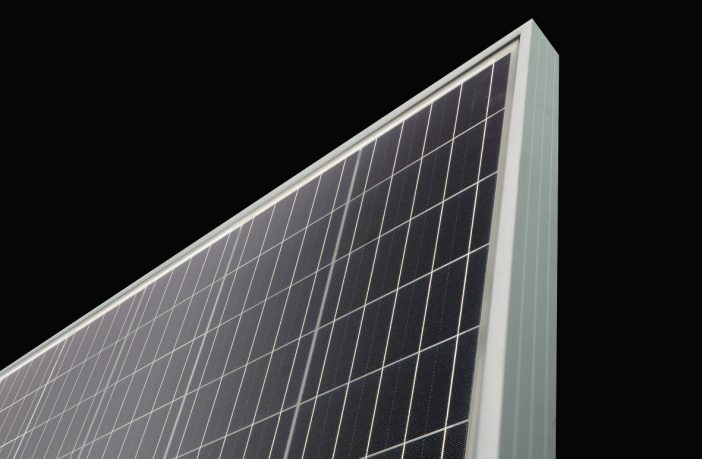- N-type silicon-based solar cells are increasingly being used for achieving high efficiency and lower degradation.
- In order to study and compare the light induced degradation of N-type panels with P-type panels in the real world condition, an investigation had been conducted by a third party testing institution CGC ( China General Certification) on generation performances, degradation (LID) and other electrical properties of n-type TOPCon solar modules are compared with those of p-type PERC modules.
- The 12-months (July 1,2022 – June 31, 2023) outdoor experimental results shows the yield gain of Jinkosolar’ s N-type TOPCon modules is 4.8% over P-type PERC modules.
- One of the critical causes for the gain are interpreted by lower First-year degradation of N-type’ s 0.65% versus 1.72% of P-type.
JinkoSolar’s pioneering collaboration with the prestigious CGC has unveiled the extraordinary advantages of N-Type modules in real-world settings.
Here are the fast facts:
- Duration: July 1, 2022, to June 31, 2023 Power Generation Performance: Jinko N-type bifacial module outperformed 4.80% higher relative performance Jinko P-type bifacial module
- Relative performance: Jinko N-type had 4.80% higher total effective hours compared to Jinko P-type
- Operating Temperature: Maximum operating temperature of Jinko N-type was 0.05°C lower than Jinko P-type First-Year Power
- Degradation: Jinko N-type: 0.65% (Astonished Low LID) Jinko P-type: 1.72%
Related news: JinkoSolar achieves highest AAA Ranking in PV Tech’s bankability report
Download the full test report HERE
Author: Bryan Groenendaal
















